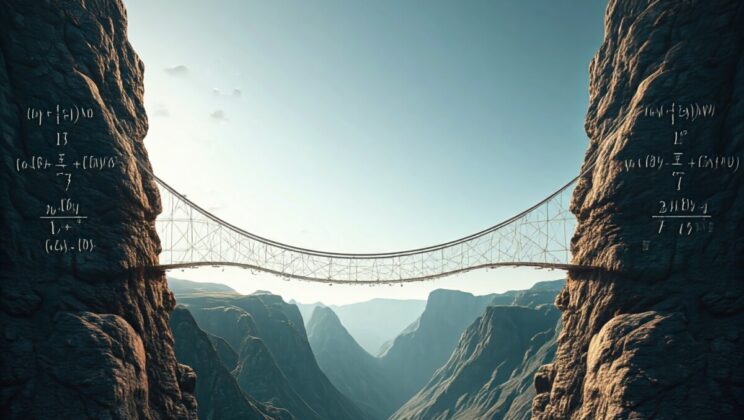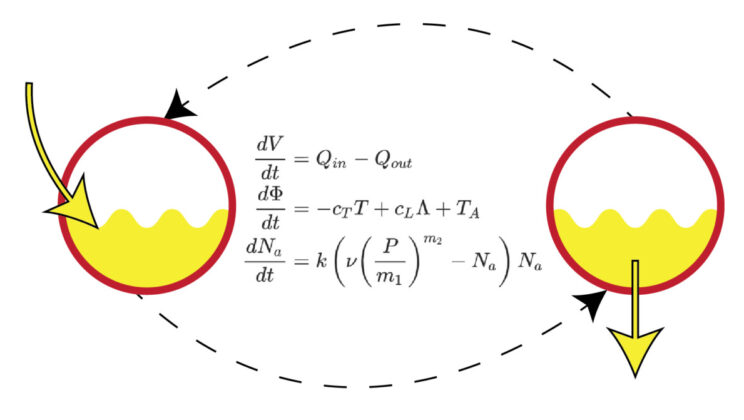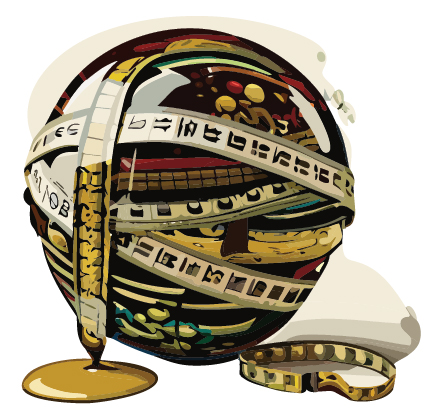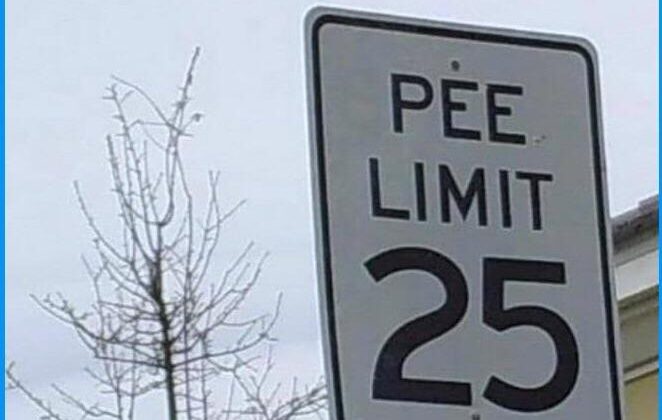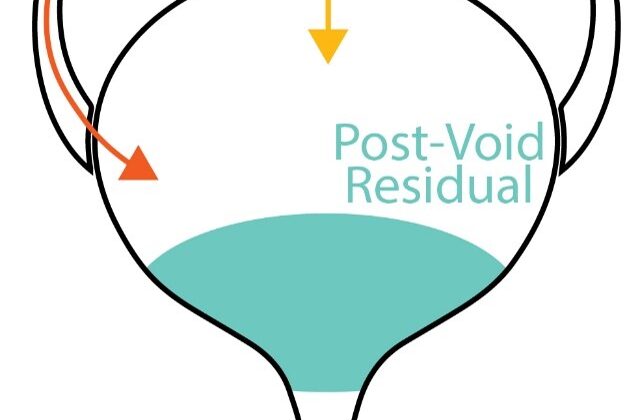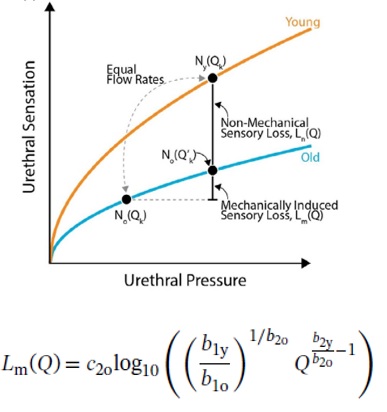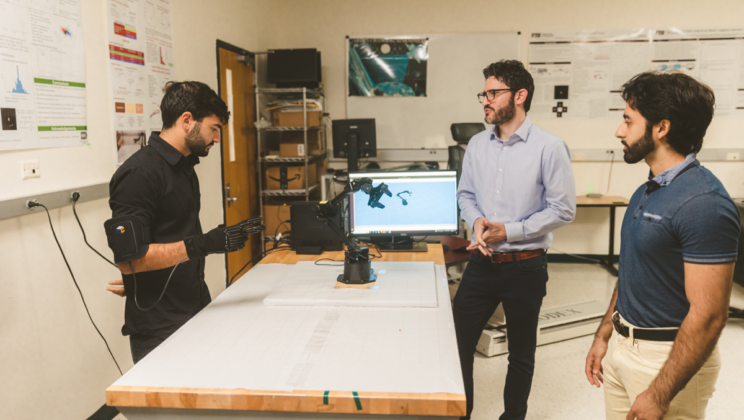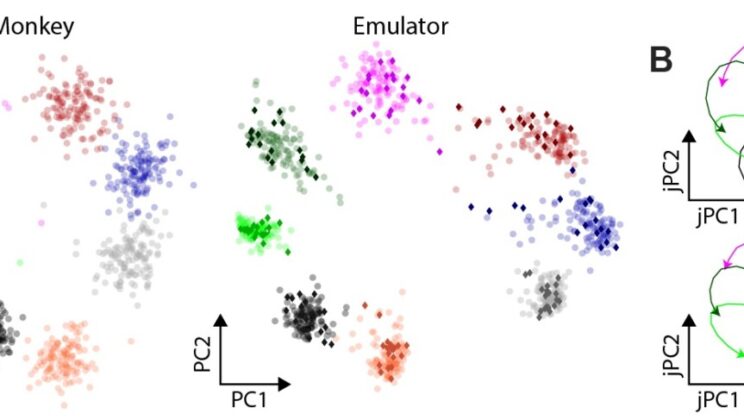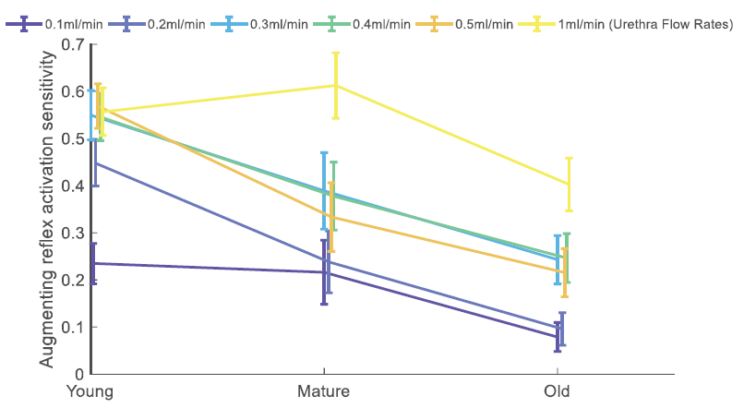A powerful technique for generating insights into physiology is to mathematically express what we know about it, then to simulate it in a computer. With the mathematical expressions in hand…
Category: Synopsis
The Simple-As-Possible Approach to Lower Urinary Tract Simulation
“What I cannot build, I do not understand.” – Richard Feynman Since I go around pretending that I know how control of the lower urinary tract (LUT) works, surely I…
More Success with Less Control in BCI Cursor Tasks
Intracortical brain-computer interfaces (iBCI) read in neuron activity and use it generate useful actions, potentially giving paralyzed users control of a device. A common goal is to establish brain control…
Negative Volume: A Red Flag for Cystometry
To assess bladder health we need to know (among other things) how well it can empty. We quantify this via the voiding efficiency (VE), which is the fraction of urine…
How Does the Bladder “Decide” When to Pee?
The lower urinary tract is orchestrated by an intricate web of harmonizing reflexes that act constructively to help you pee effectively (or to not pee effectively). [See Fowler and de…
How Much Pee is Left Inside? (Techniques for Basic Science Urology)
The most natural way to test how well the bladder and lower urinary tract (LUT) are working is to monitor what it does with urine in a process called cystometry…
We (ok, rats) Lose Urethral Sensitivity as We Age: Hints into Underactive Bladder Etiology
Many people have declining urinary tract function as they age. Is it possible that weakening sensation (peripheral neuropathy) contributes? It is a concept that has been gaining credence for the…
The Entire Human Hand as a Joystick for Robots: What Would it Take?
Suppose you would like to control something with many degrees of freedom (engineering parlance for something complicated that has many parts of it that can move or take actions), how…
A New Way to Test Brain-Computer Interface Decoders: the jaBCI
The neuroscience community has been trying to build a brain-to-computer translator, that is, a system that records the electrical chatter of neurons and deciphers the thoughts of the person to…
Age Changes Neural Regulation of the Bladder and Urethra
Many of us accept that our bladders naturally weaken as we age, but is it inevitable? To stop age-related bladder underactivity (UAB) we will need to first understand why it…
